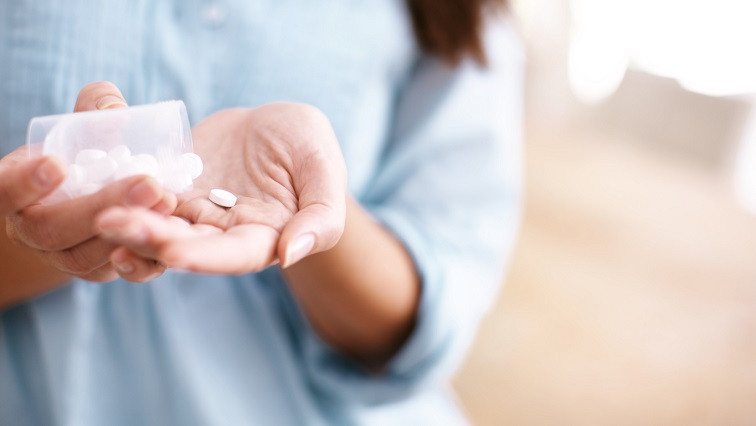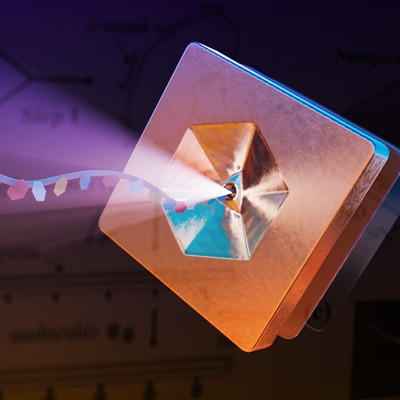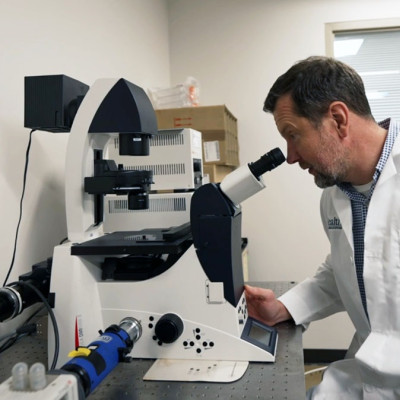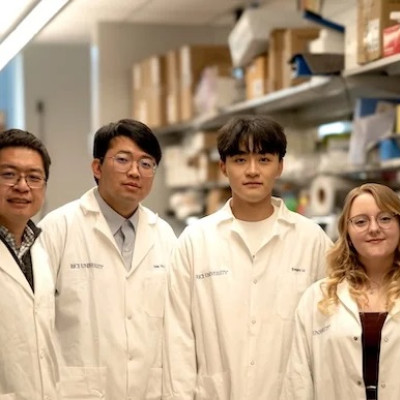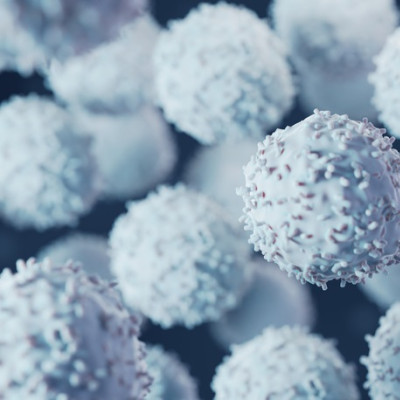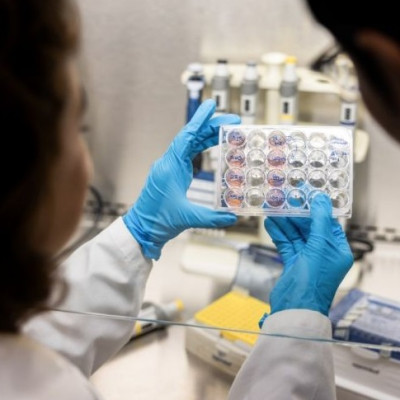Using prepared layers of nanosheets with insulin loaded in between layers to protect it, researchers developed gastro-resistant imine-linked-covalent organic framework nanoparticles (nCOFs) that exhibited insulin protection in the stomach as well in diabetic test subjects whose sugar levels completely returned to normal within two hours after swallowing the nanoparticles. Led by NYUAD’s Research Scientist Farah Benyettou and Program Head of Chemistry Ali Trabolsi, the findings were published in Chemical Science.
Compared to the two FDA-approved technologies for the oral delivery of insulin, the system developed at NYUAD is biocompatible, highly stable in the stomach, specific, and able to deliver the right amount of insulin based on the diabetic subject’s blood sugar levels. This treatment represents a step forward in treating this disease that is the seventh leading cause of death worldwide.
“Our work overcomes insulin oral delivery barriers by using insulin-loaded nCOF nanoparticles which exhibit insulin protection in the stomach as well as a glucose-responsive release. This technology responds quickly to an elevation in blood sugar, but would promptly shut off to prevent insulin overdose and will dramatically improve the well-being of diabetic patients across the UAE and worldwide." Research Scientist Farah Benyettou.
The development of this treatment was in collaboration with an international team of researchers from Algeria, Spain, Saudi Arabia, and the United Kingdom. The project was completed with the help of NYUAD’s Core Platform Technology. A US patent application is pending for this innovative technology
Read the original article on New York University Abu Dhabi.

